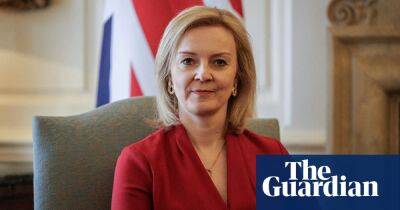Inflation could force schools to cut meal portions or quality, says food firm boss
Soaring food inflation could force schools to choose between offering smaller portions at lunchtime and using cheaper ingredients, according to the boss of one of the UK’s largest food wholesalers.
Andrew Selley, the chief executive of Bidfood, a food distribution business with an annual turnover of nearly £2bn, said schools would be facing tough decisions unless the government increased funding for free school meals.
Selley said shortages caused by the war in Ukraine had led to a doubling in the price of sunflower oil compared with a year ago, with knock-on effects on other vegetable oils.
Baked goods are 20% to 30% dearer, and the increase in wheat prices will also feed through into pasta, egg and chicken prices, as wheat is used as chicken feed, he said.
Selley said the amount of money provided by the government for free school meals had only gone up by 1.7% over the past 10 years, which was well behind food inflation even before the sharp spikes seen in recent months.
“This is going to lead to some difficult decisions for school caterers: either they are going to serve smaller portions or use cheaper ingredients, which isn’t going to be good for the children,” Selley told BBC Radio 4’s Today programme. He also called on the government to extend free school meals at primary schools, aimed at children from low-income families, to secondary schools.
“Free school meals are vital for children’s education, attainment and longer-term contribution to society. They need to be ensuring that the funding for free school meals keeps pace with inflation, which it hasn’t done for the last 10 years, and as per the national food strategy recommendation, extend that through to secondary school as well as just primary.”
Selley’s comments came
Read more on theguardian.com




















